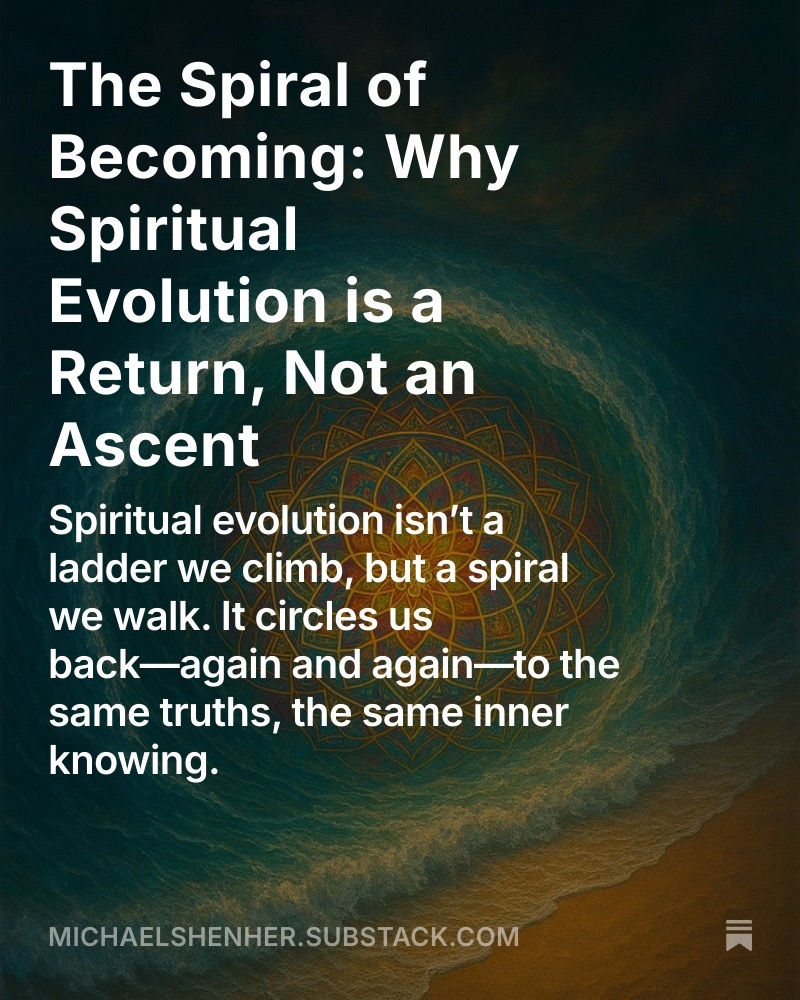The Hidden Power of Awareness
- Michael Shenher

- Sep 12, 2025
- 4 min read
Introduction: The Hidden Power of Awareness
We often chase control like it’s a treasure just out of reach. We micromanage our schedules, track our budgets, try to influence outcomes in relationships, work, and life. Yet, one simple truth undercuts all of our frantic efforts: anything outside of your awareness is outside of your control.
Awareness is the foundation of agency. Without knowing what is happening—within us, around us, and in the broader systems we interact with—we are like sailors navigating in a fog, reacting only when things hit us unexpectedly. The moment we become aware, however, choice enters. Awareness transforms passive reaction into conscious decision-making.
In this essay, we’ll explore why awareness is the prerequisite for control, how it shapes choice, and how cultivating awareness can profoundly impact personal growth, relationships, and professional success.
Section 1: Awareness as the Gateway to Control
Control is often misunderstood. People think control means domination or force over outcomes. True control is subtler—it’s the ability to respond effectively, to act rather than merely react. This level of control is impossible without awareness.
Consider an example from daily life: you’re frustrated at a coworker. If you’re unaware of your emotional triggers or the context of their behavior, you might lash out or retreat, surrendering control to circumstance. Awareness of your emotions, motivations, and patterns gives you options: respond calmly, set boundaries, or redirect your energy. Choice emerges from noticing, recognizing, and understanding.
In business, leaders who lack awareness make costly mistakes. Teams under uninformed leaders flounder because the leader is blind to dynamics, conflicts, or opportunities. Awareness isn’t just a personal tool—it’s a strategic advantage.
Section 2: The Psychology of Awareness
Modern psychology has long established the link between mindfulness and agency. Cognitive behavioral therapy (CBT), mindfulness-based stress reduction (MBSR), and other evidence-based approaches all hinge on awareness. They teach us to recognize patterns, thoughts, and emotional responses that operate outside our conscious view.
For instance, automatic negative thinking—rumination, anxiety loops, or self-sabotage—occurs outside immediate awareness. Only when we bring it into conscious view can we interrupt it and make deliberate choices. Without awareness, these patterns dictate our actions.
Neuroscience reinforces this. The prefrontal cortex—the seat of executive function—is what allows humans to pause and decide rather than react instinctively. But this process relies on the awareness of internal and external cues. In essence, awareness lights the path for the brain’s decision-making machinery.
Section 3: Awareness in Relationships
Relationships are often the arena where our lack of awareness is most costly. Miscommunication, misinterpretation, and resentment frequently stem from unseen dynamics. Awareness allows us to identify what is ours to manage and what is another’s domain.
Imagine a friend or partner who behaves unpredictably. Without awareness of your own triggers and boundaries, you may fall into reactive cycles of blame or frustration. Awareness allows you to see: This behavior isn’t about me; I can respond in a way aligned with my values. The moment you recognize this, choice enters. You can engage, disengage, or redirect the interaction.
Awareness is also empathy’s foundation. To understand another person, we must first notice and comprehend our own perceptions, biases, and assumptions. Awareness doesn’t just expand control—it deepens connection.
Section 4: Awareness and Professional Growth
In professional life, awareness is the differentiator between stagnation and progression. Employees, managers, and entrepreneurs who cultivate awareness see opportunities others miss. They recognize market shifts, team dynamics, and personal growth gaps.
Consider leaders during organizational change. Those unaware of team sentiment or internal friction often face resistance, inefficiency, and burnout. Leaders aware of these dynamics can anticipate friction, address concerns, and pivot strategies. Awareness creates space for strategic choice, turning potential crises into calculated moves.
On a personal level, career awareness—knowing your strengths, weaknesses, and passions—gives you the power to choose roles, projects, and paths that align with your goals, rather than being swept along by circumstance.
Section 5: Cultivating Awareness
Awareness doesn’t happen passively. It requires deliberate practice:
Mindfulness and Reflection: Daily reflection, meditation, journaling, or simply pausing to notice your reactions strengthens awareness.
Feedback Loops: Seek feedback from trusted colleagues, mentors, or friends. Others often see blind spots we cannot.
Observation Without Judgment: Notice patterns without immediately trying to fix or rationalize. Awareness thrives in clarity, not defensiveness.
Curiosity: Approach life as an observer. Ask, “What am I missing? What assumptions am I holding?” Curiosity expands your sphere of awareness.
Each moment of awareness, no matter how small, expands your capacity to choose.
Section 6: Awareness as Freedom
Awareness is not just a tool for control—it is freedom. Choice liberates us from unconscious patterns, social programming, and reactive habits. The more aware we are, the more our life becomes a series of intentional decisions rather than dictated circumstances.
The paradox is striking: freedom is not achieved through force, speed, or hustle; it is cultivated quietly through noticing, reflecting, and understanding. Awareness brings us into alignment with reality, and alignment births choice.
The quote resonates because it captures this essence perfectly:
“Anything outside of your awareness is outside of your control. Awareness gives you choice.”
No matter your ambition, career, or relationships, the first step toward mastery is simply noticing. Without it, effort is wasted. With it, the horizon of possibility expands infinitely.
Michael Shenher





Comments